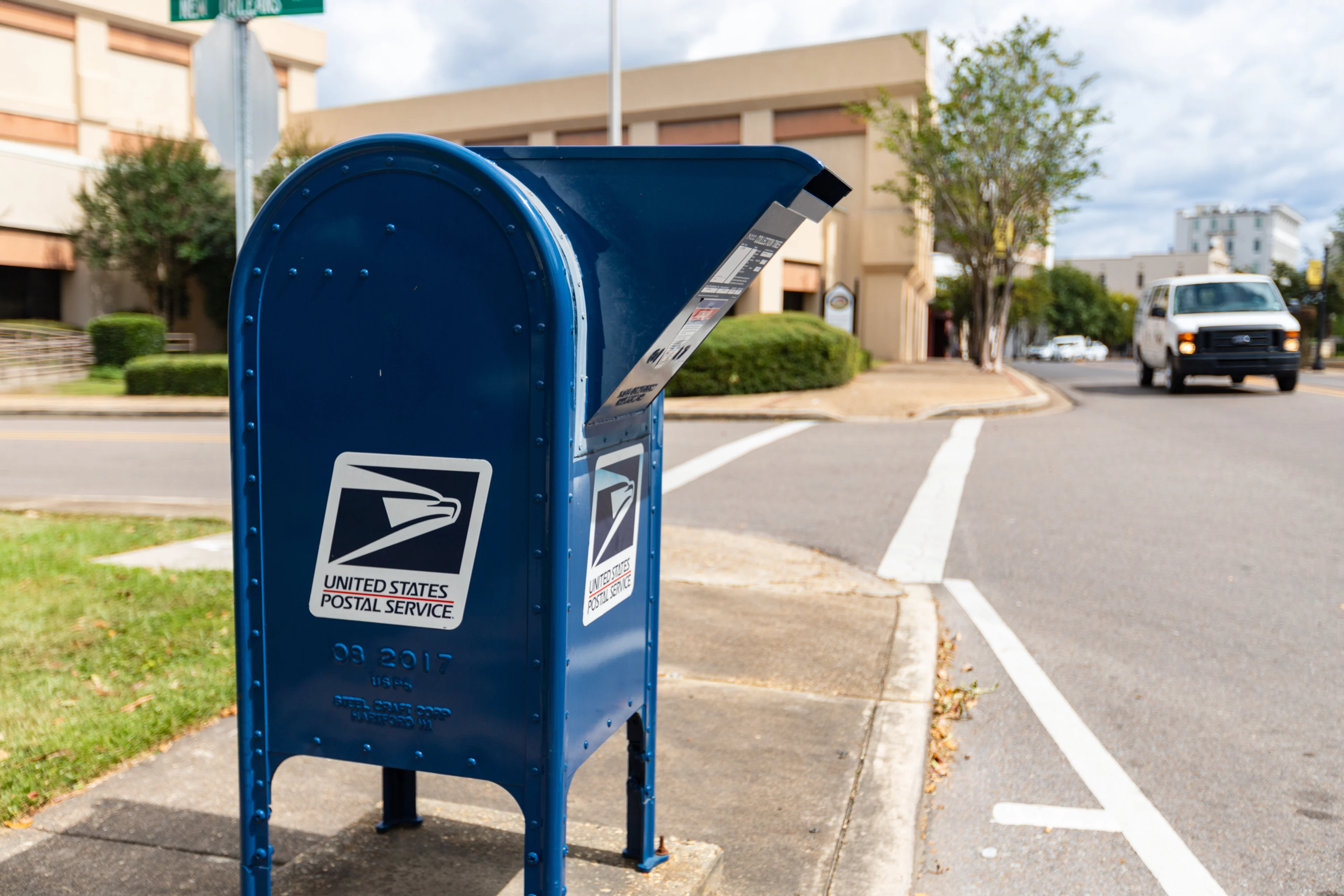
Factoring Fraud into The Business Valuation Equation
Over time, fraud can impair the value of a business. In addition to stealing assets, employee theft may harm a company’s reputation and lower employee morale and productivity. A company’s owners can also manipulate financial records to artificially inflate (or decrease) the value of the business, depending on which serves their financial interests. Business valuations typically are not designed to unearth dishonest behaviors. However, experts need to be on the lookout for signs of fraud and, when necessary, expand the scope of the engagement to achieve an accurate conclusion.
Fraud Risks
Value is a function of risk and return. One critical risk factor experts consider is fraud. Some businesses are more vulnerable to fraud than others. The fraud risk assessment starts with a company’s internal controls. When interviewing management, business valuation experts ask about the company’s policies and procedures to protect assets, improve operating efficiency and ensure reliable financial statements. A company’s first line of defense against fraud is a strong system of internal controls, which may include:
- Physical and digital controls (for example, locks, passwords, cameras and security systems)
- Fraud training programs
- Job descriptions that call for segregation of duties and job rotation
- Mandatory vacation policies
- Background checks
- Whistleblower hotlines
Internal controls can be intentionally circumvented and thus are less effective if managers override the systems or become lax in supervising subordinates. These loopholes undermine a company’s efforts to detect and prevent fraud. The risk of fraud can be reduced if the company’s financial statements are audited by an outside accounting firm — or if the company’s internal audit department conducts physical inventory counts or surprise audits of certain high-risk accounts during the year. Certain industries also tend to be more susceptible to fraud than others. High-risk sectors include banking and financial services, government and public administration, and manufacturing, according to the most recent Report to the Nations on Occupational Fraud and Abuse issued by the Association of Certified Fraud Examiners (ACFE).
Fraud-Risk Adjustments
Business valuation experts rely on financial statements to estimate value. To the extent that financial statements contain fraud, an appraisal will be inaccurate, unless properly adjusted. When a business valuation expert analyzes a company’s financial statements, he or she might unearth red flags of fraud. Examples include a disconnect between revenue growth and changes in key assets (such as receivables or inventory) or sudden changes in gross margin [(revenue – cost of sales) ÷ revenue]. So, what happens if the valuation professional suspects fraud, based on preliminary assessments of the company’s internal controls, industry and financial statements? Some business valuation professionals are cross-trained in both valuation and forensic accounting. Others work at large firms that provide both types of services. When these experts suspect fraud, they typically ask a client to expand the scope of the engagement to include forensic accounting services. This usually requires a revised engagement letter or an addendum to the existing contract. Sole practitioners without forensic accounting training will generally refer the client to a separate forensic accounting specialist. This expert can help make the requisite adjustments to accurately value the business — and build a fraud case, if necessary. Together, the valuation expert and forensic specialist can estimate economic damages resulting from fraudulent activity. Fraud can be a touchy subject. Unlike traditional CPAs, forensic accountants understand how to gather evidence without violating employee rights or destroying evidence. Their reports are designed to help resolve disputes and support formal fraud allegations.
Special Circumstances
Fraud can unexpectedly strike any business, large or small. But certain types of engagements — such as shareholder disputes and divorces — can provide the motive to hide assets and downplay income. Experts are particularly mindful of fraud risks when valuing a business for these purposes. To obtain a business valuation or gain more insight on how to mitigate fraud in your organization, contact our Litigation and Valuation Support Group today.



